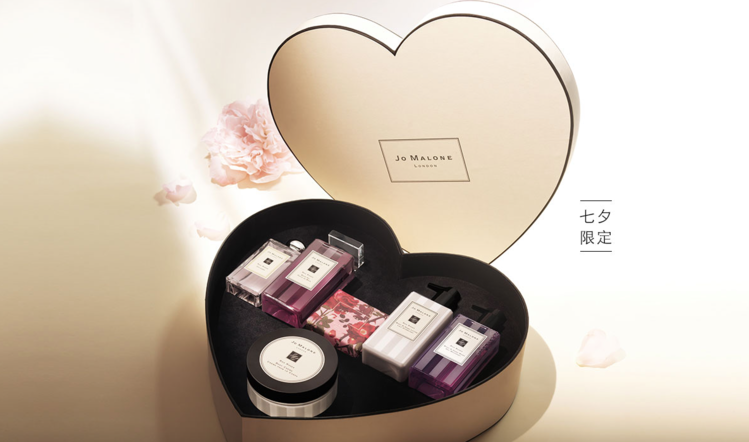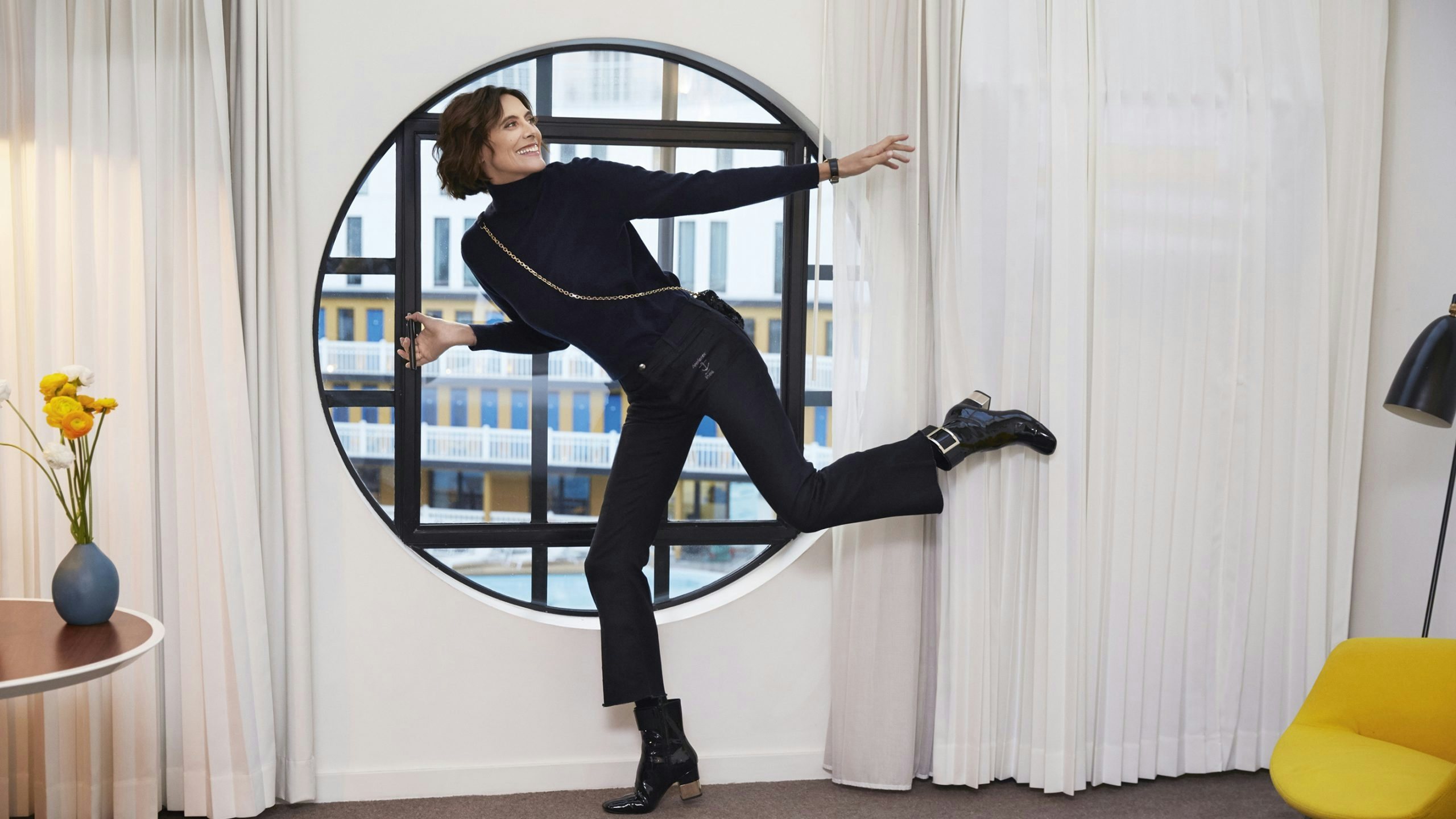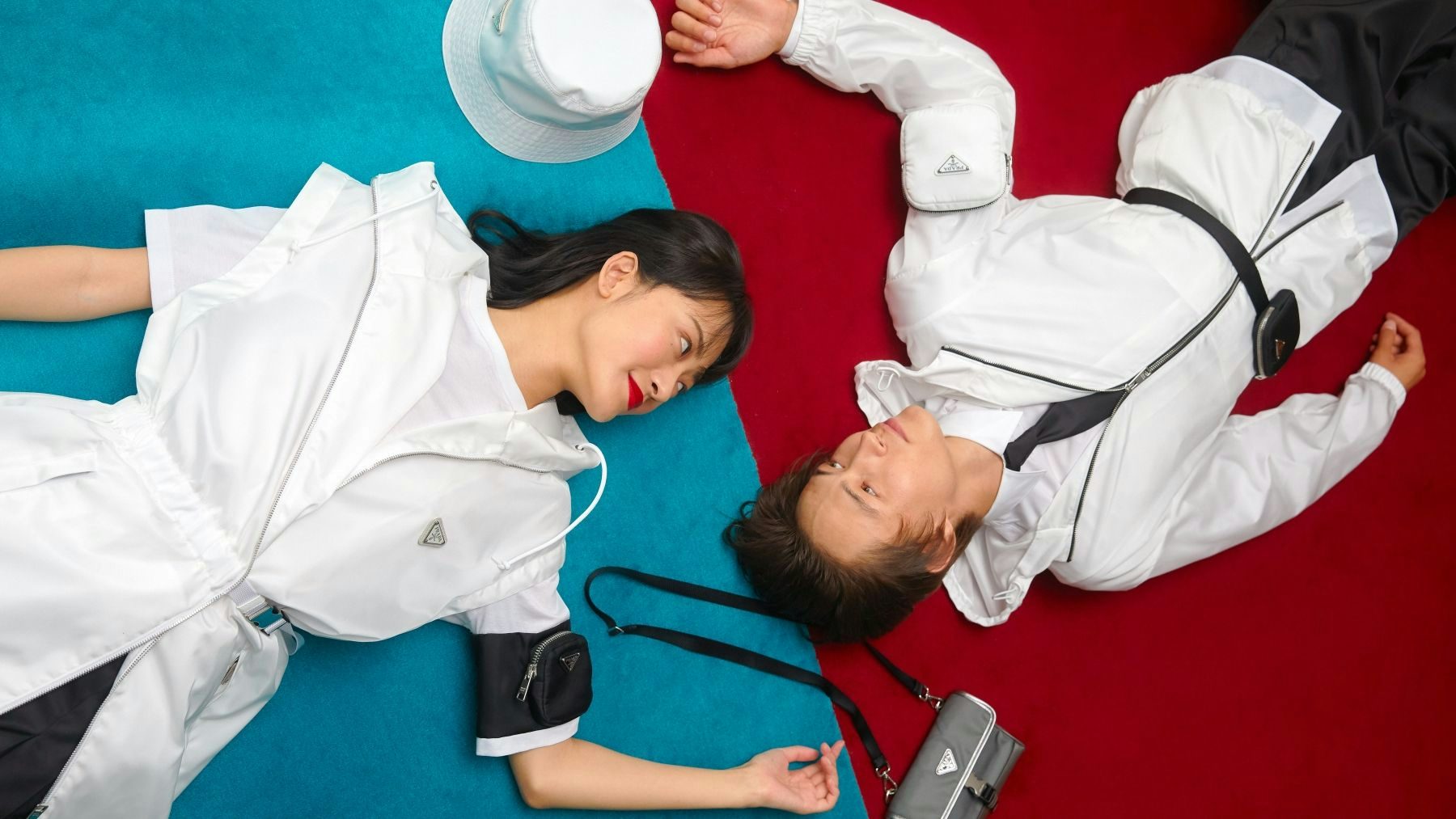Key Takeaways:#
Single-person households were the fastest-growing household type globally between 2010 and 2019, and this growth was most pronounced in the Asia Pacific, where nearly one in every five Chinese households is classified as single-person.
The average consumer expenditure in single Chinese households will increase threefold between 2019 and 2040.
Solo living equates to a need for smaller quantities, whether the product is food or beauty, so brands should provide smaller packaging sizes without compromising the luxury experience.
Are luxury executives ignoring the obvious? A visit to a popular restaurant in Shanghai, Beijing, or any other city in China reveals not only groups of diners but also solo diners.
They are not isolated examples, though, as changing demographics have impacted Chinese consumption patterns. According to Euromonitor, single-person households were the fastest-growing household type globally between 2010 and 2019. This growth was most pronounced in the Asia Pacific, where nearly one in every five Chinese households is classified as single-person. This large and growing segment, disproportionate in urban China, also has significant financial power. Euromonitor forecasts that the average consumer expenditure in single Chinese households will increase threefold between 2019 and 2040.
China’s booming singles economy should be a wake-up call for luxury executives about the need to focus on winning over these consumers. The following insights provide a snapshot of how luxury brands could leverage this segment in China's changing societal landscape.
Individuality#
Many singles consciously follow a solo lifestyle because they value personal development and self-expression, and their consumption is often an expression of individuality. More than purchases, luxury brands can deliver highly personalized products and experiences that resonate with self-identity. For example, it is possible to customize bespoke scents to create 300 fragrances from a combination of 26 perfumes on the Jo Malone London Tmall store.

Practicality#
Solo living equates to a need for smaller quantities, whether the product is food or beauty. A practical but effective tactic is to provide smaller packaging sizes but without compromising the luxury experience. Although beauty brands are experimenting with smaller sizes and refillable packaging innovations, singles-friendly packaging is still an opportunity that has yet to be developed. Brands can draw inspiration from liquors that come in small-sized bottles, such as Kweichow Moutai Flying Fairy, which is available in 50ml bottles.
Independence#
Singles may have similar but also distinctive needs compared to their non-single peers. The rise of the independent Chinese traveler reflects the desire to seek more meaningful experiences. As a result, hotel groups are developing boutique hotel concepts that capture emotions and the spirit of independence. For example, MGallery, which is owned by the Accor Group, now owns over 100 boutique hotels in 30 destinations, including Mile, Baishan, Chengdu, and Hong Kong.

Convenience#
Singles are likely to follow a hectic and hedonistic lifestyle. Although digitalization enables luxury brands to deliver a seamless customer experience, singles also demand immediacy and spontaneity. Luxury brands need to refigure the meaning of convenience. For example, BMW’s eFinance app that provides an efficient service to facilitate financial loans gives the brand a higher level of customer service.
Social#
Social media is not just about exchanging information but also about expressing feelings and emotions. Family still plays an important role for singles. Yet, their prominent social media use allows them to forge other key relationships within a network of friends and acquaintances where product and brand recommendations matter. Luxury brands need to note that online word of mouth (positive or negative) plays a more critical role in influencing singles' luxury brand purchases.
Singles are transforming Chinese society, and luxury brands can no longer afford to ignore societal change. Singles may not be a homogeneous group, but they are likely to share a set of distinctive personality traits. Therefore, luxury brands should adapt their offering, if only subtly, to connect with the aspirations of a solo lifestyle and identity, as solo consumers will be key to both the present and future of luxury consumption.
Glyn Atwal is an associate professor at Burgundy School of Business (France). He is co-author of Luxury Brands in China and India (Palgrave Macmillan).


